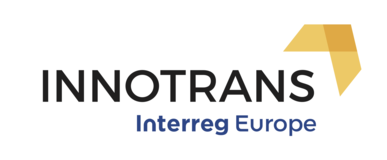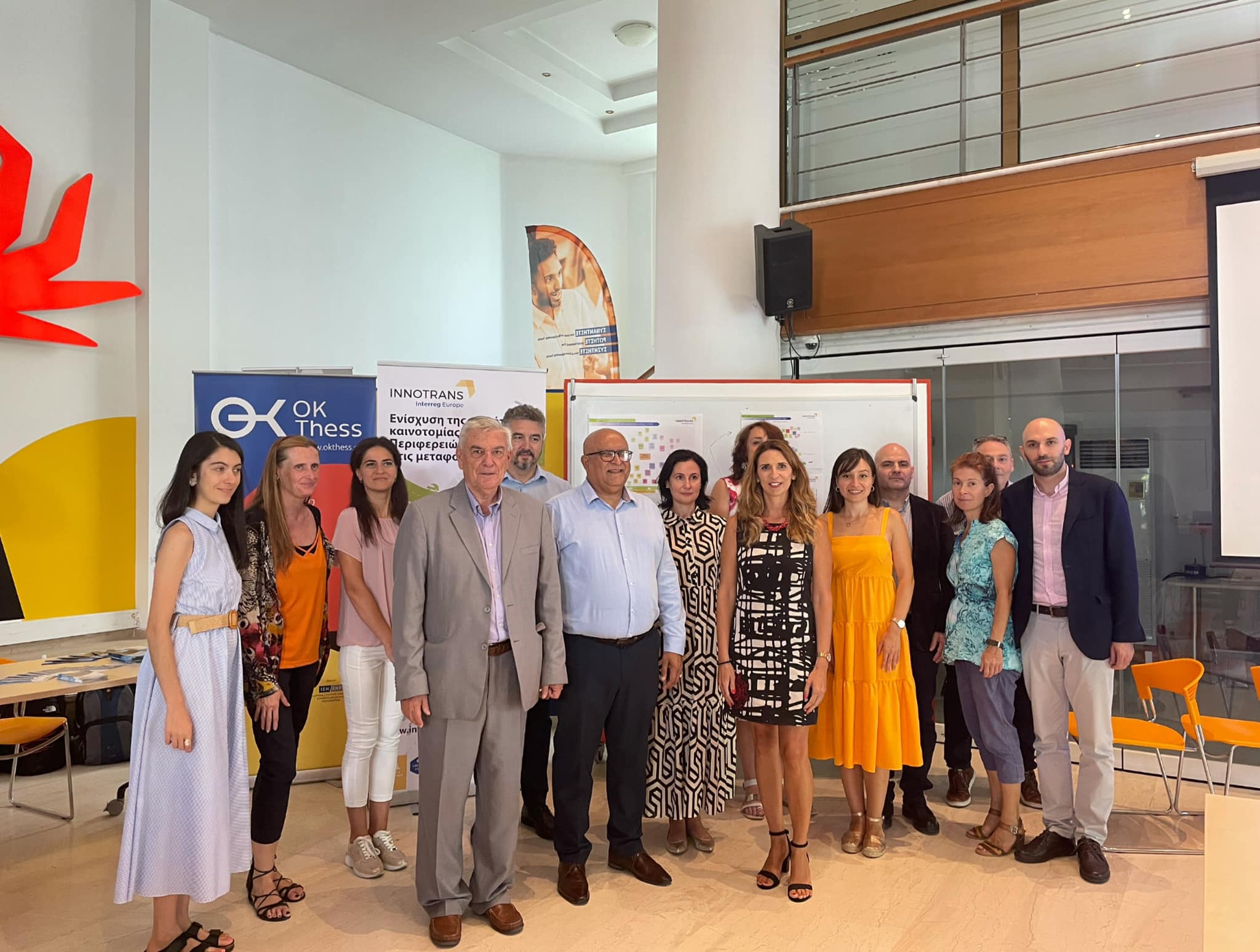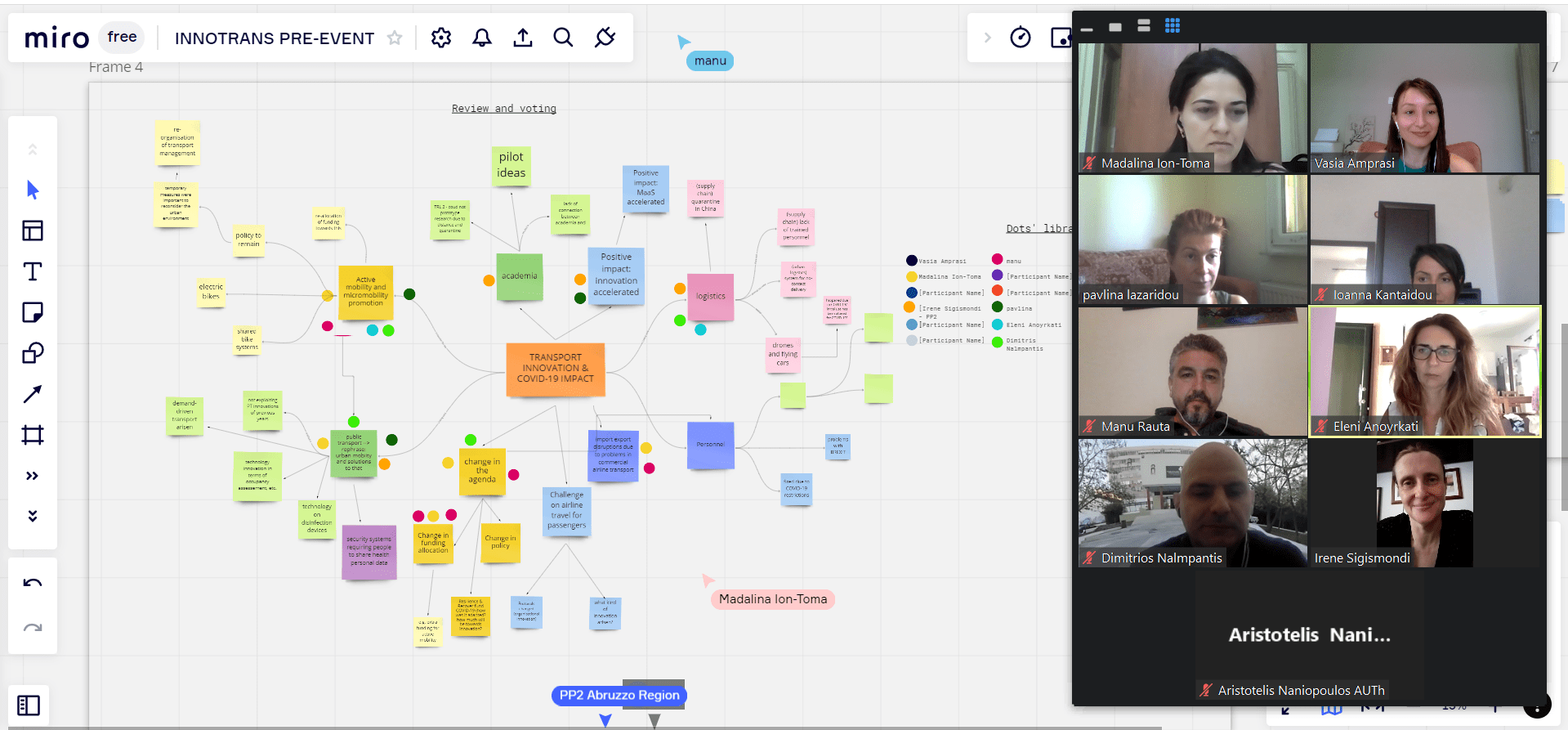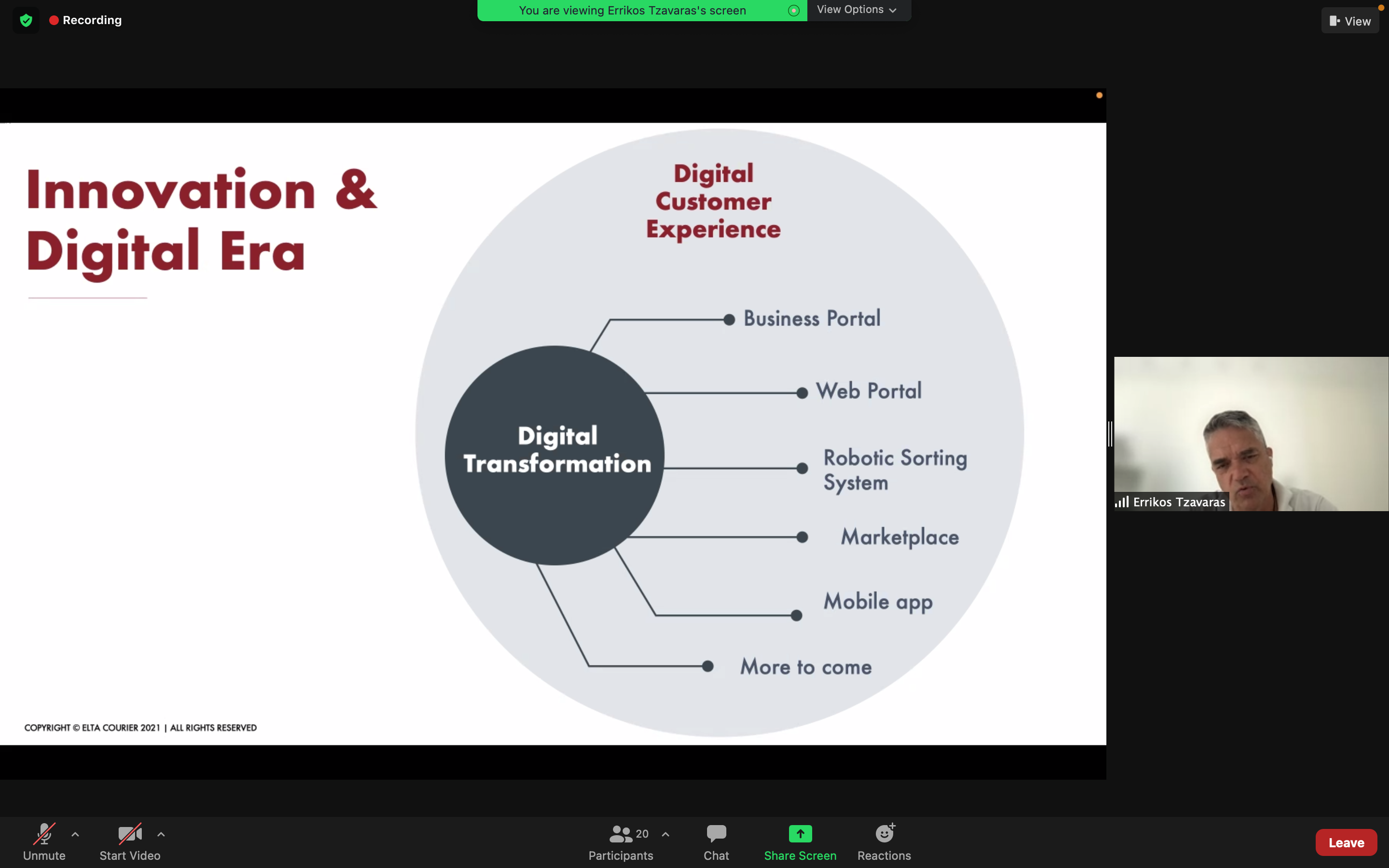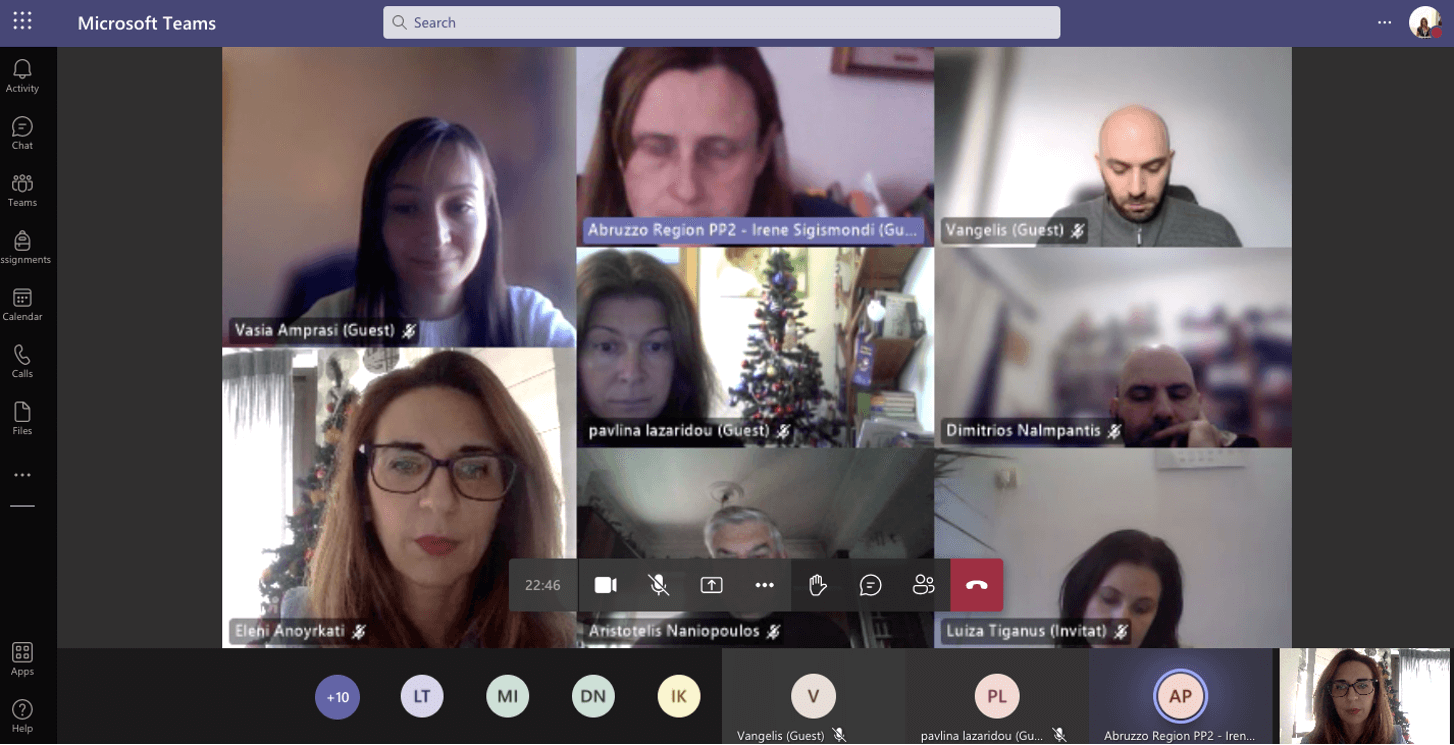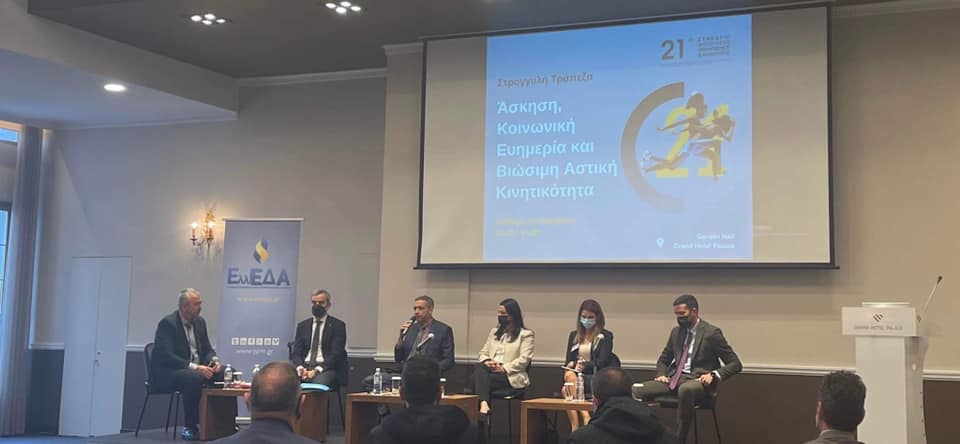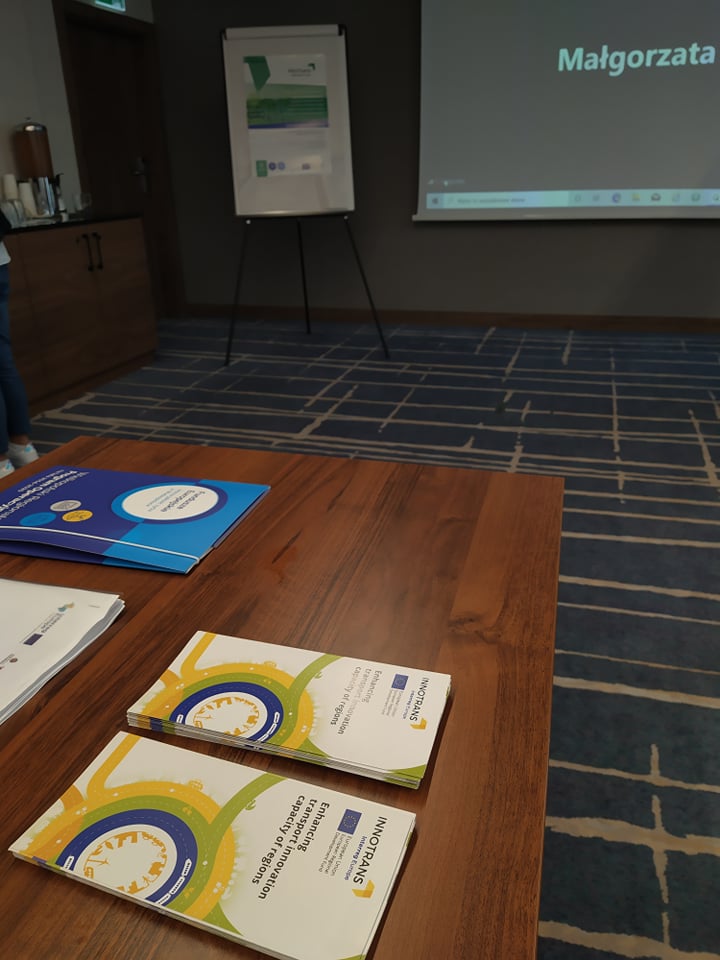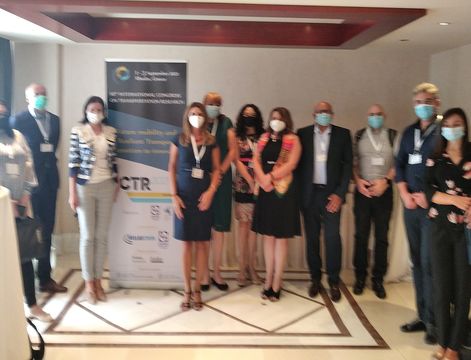When you are making recommendations to improve policy it is really important to involve everyone who has a stake in the policy if you want the changes to be really effective. So the challenge for the project partners is to find the right people to provide that input. We are holding a series of meetings over the next three years and we will be refining the members of the groups over those years.
On Wednesday 10th May the UK stakeholders in INNOTRANS met for the first time in Coventry. For the Coordinator the first meeting of a group of stakeholders is always a nervous time. We might know some of them very well, some of them might know each other, but this is the first time they come to together to discuss the topics addressed by the project and we have no real knowledge of how well it will go. The attendees might all be in agreement, they might have some wildly differing views, it might be impossible to keep them on topic.
The UK stakeholders came from a mixture of academia, policy makers and industry. Between them they identified a number of common factors that are making it difficult to implement transport innovation. Some of the most important ones are:
There can be difficulty testing and implementing schemes on a wide scale due to the costs of meeting current legislation and the time it takes to roll projects out.
Although big data can certainly be generated by transport and analysis of it is needed to drive innovation forward, there gaps in data sets, ownership can be problematic and it is difficult to access.
The meeting came up with a number of areas for future consideration:
- Easing the implementation gaps by making it easier to test and implement innovation.
- Creating Collaboration pathways to ease innovation.
- Evaluating New business models – they are capable of disrupting and revolutionising the way we travel.
There was so much to talk about that we feel we have only scratched the surface and some of the stakeholders were still talking well after the meeting should have finished. We’ll start a series of one to one meetings with the participants now to explore the issues in greater detail.
